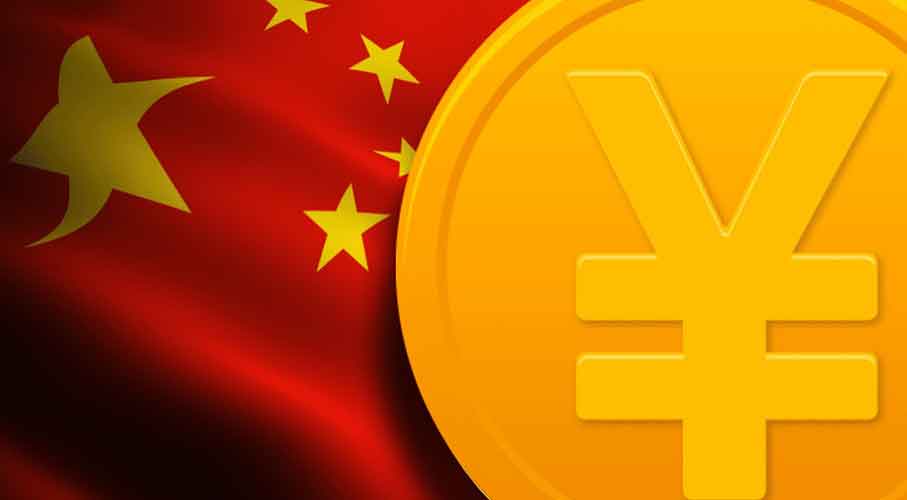
China has been working on a new stablecoin project that is intended to help the country to strike a much-needed balance between privacy protection and regulatory enforcement. If all goes well, China will be the very first country on the planet to launch a digital currency of its own. This does not come as much of a surprise especially considering how much control the country already has on the existing cryptocurrency market.
The Digital Currency Electronic Payment (DCEP) project has been in development for five years which is perhaps enough time to iron out any issues that it may have had. It has been touted as a huge step forward for financial innovation despite concerns that the country plans to use it to increase financial control.
Well, that seems to be the case since there are a few areas that are going to get the short end of the stick and one of them is online gambling. The activity is still illegal in the country and is categorized in the same way as cybercrimes, tax evasion, and even financing of terrorism.
Complementing the Great Firewall
As it stands, gambling control in China is conducted by the central government via an internet regulation and censorship system. Otherwise referred to as the “Great Firewall”, the system mainly blocks web domains of illegal sites such as online gambling platforms.
However, the offshore online gambling operators who are still hellbent on offering their services to Chinese gamblers also have some tricks up their sleeves. For instance, once any of their domains are blocked, they often just change their URLs.
With the new digital currency, the Chinese government will have another layer through which they can monitor online gambling activities. In essence, DCEP will supposedly be able to trace transactions to some extent. This is will weed out third-party payment providers that have been facilitating gambling transactions.
What About Anonymity and Privacy?
Naturally, considering the fact that the proponents of the digital currency have said that anonymity will only be allowed to a given extent, there have been far-reaching concerns about DCEP. The Central Bank of China has, however, clarified that while cash-like levels of privacy will be guaranteed, the authorities would reserve the right to impose tighter control on any suspicious transactions. They are calling this “controllable anonymity”.
“That is a balance we have to keep, and that is our goal. We are not seeking full control of the information of the general public,” Mu Changchun, head of the People’s Bank of China’s digital currency research institute said.
As the debates rage on, there are still a lot of details that are yet to be revealed about the digital currency. With very compelling arguments from both sides of the divide, we might have to hold out for a little longer till the currency finally starts being used.











